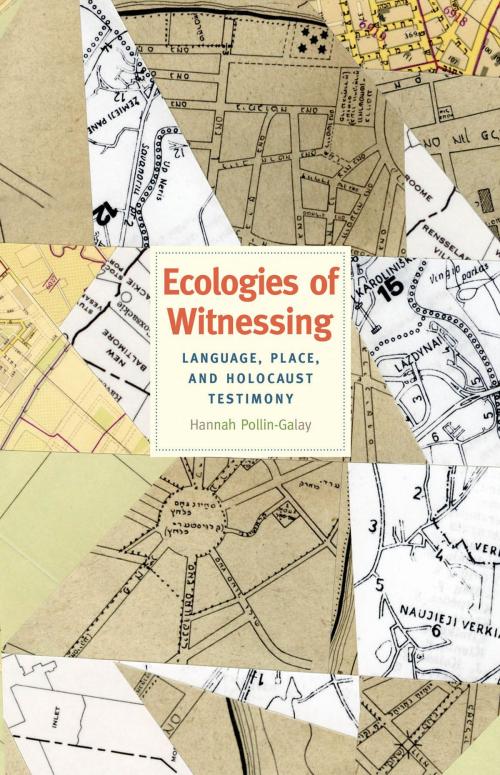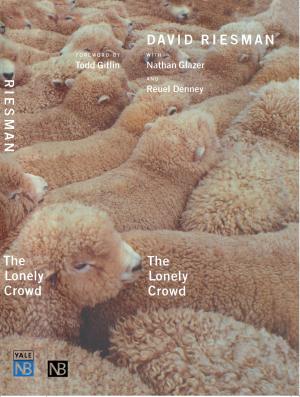Ecologies of Witnessing
Language, Place, and Holocaust Testimony
Nonfiction, Religion & Spirituality, Judaism, History, Jewish, Holocaust, Modern, 20th Century| Author: | Hannah Pollin-Galay | ISBN: | 9780300235531 |
| Publisher: | Yale University Press | Publication: | July 31, 2018 |
| Imprint: | Yale University Press | Language: | English |
| Author: | Hannah Pollin-Galay |
| ISBN: | 9780300235531 |
| Publisher: | Yale University Press |
| Publication: | July 31, 2018 |
| Imprint: | Yale University Press |
| Language: | English |
An innovative reassessment of Holocaust testimony, revealing the dramatic ways in which the languages and places of postwar life inform survivor memory
This groundbreaking work rethinks conventional wisdom about Holocaust testimony, focusing on the power of language and place to shape personal narrative. Oral histories of Lithuanian Jews serve as the textual base for this exploration. Comparing the remembrances of Holocaust victims who remained in Lithuania with those who resettled in Israel and North America after World War II, Pollin-Galay reveals meaningful differences based on where survivors chose to live out their postwar lives and whether their language of testimony was Yiddish, English, or Hebrew. The differences between their testimonies relate to notions of love, justice, community—and how the Holocaust did violence to these aspects of the self. More than an original presentation of yet-unheard stories, this book challenges the assumption of a universal vocabulary for describing and healing human pain.
An innovative reassessment of Holocaust testimony, revealing the dramatic ways in which the languages and places of postwar life inform survivor memory
This groundbreaking work rethinks conventional wisdom about Holocaust testimony, focusing on the power of language and place to shape personal narrative. Oral histories of Lithuanian Jews serve as the textual base for this exploration. Comparing the remembrances of Holocaust victims who remained in Lithuania with those who resettled in Israel and North America after World War II, Pollin-Galay reveals meaningful differences based on where survivors chose to live out their postwar lives and whether their language of testimony was Yiddish, English, or Hebrew. The differences between their testimonies relate to notions of love, justice, community—and how the Holocaust did violence to these aspects of the self. More than an original presentation of yet-unheard stories, this book challenges the assumption of a universal vocabulary for describing and healing human pain.















